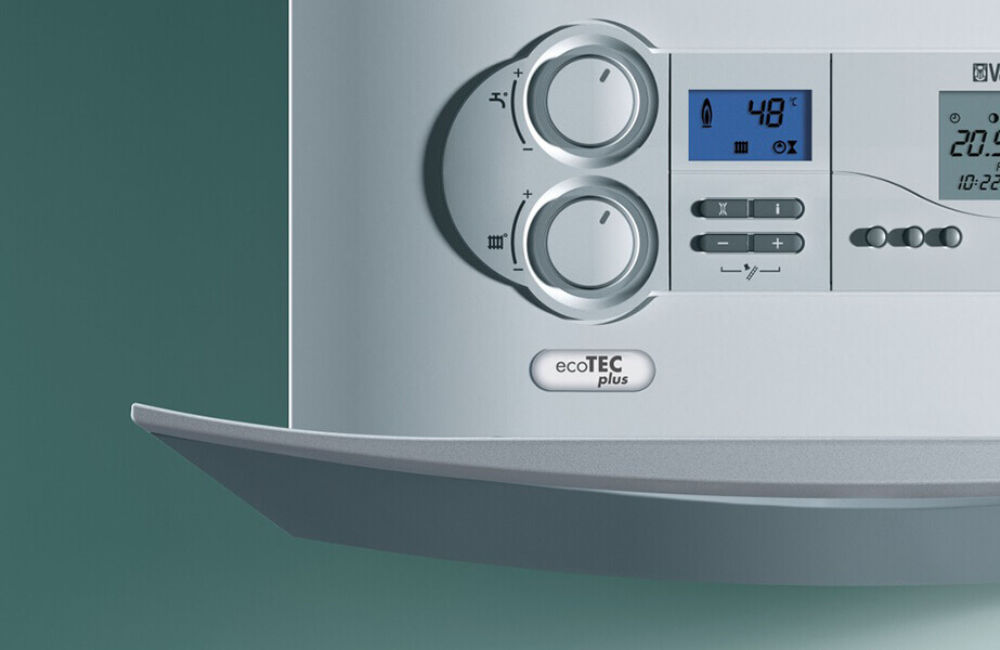A boiler is the heart of your heating system, especially during the cold months. When it malfunctions, it doesn’t just leave you in discomfort, it can also drive up your energy bills and pose serious safety risks. Ignoring early warning signs can lead to costly repairs—or worse, a complete breakdown. Let’s delve deeper into the signs that your boiler may need urgent attention and offer practical advice on what to do when you spot these issues.
- Unusual Noises
Your boiler should generally run quietly in the background. If you start hearing strange sounds like banging, whistling, or gurgling, it could signal a problem. These noises might be caused by trapped air, low water pressure, or even kettling (when limescale builds up around the heat exchanger, causing boiling water to steam in small pockets).
If you hear unusual noises, try bleeding your radiators to remove any trapped air. If the noise persists, call a professional to investigate, as ongoing noises can point to more serious issues like pump failure or sludge build-up in the system.
- Frequent System Resets
If you find yourself resetting your boiler more often than usual, it’s a red flag. Boilers typically reset when they can’t maintain their settings due to a fault. Frequent resets could indicate a faulty thermostat, low pressure, or problems with internal components.
Check your boiler’s pressure gauge. If it’s too low or high, adjust it to the manufacturer’s recommended level (typically 1.0-1.5 bar). If you’re unsure or the issue persists, contact a heating engineer to diagnose and fix the problem before it escalates.
- Leaking Water
Leaks around your boiler or radiators could be caused by broken seals, corroded pipes, or faulty pressure valves. Not only can leaks lead to water damage in your home, but they can also compromise your boiler’s efficiency and safety.
Turn off your boiler and mop up the leak, but don’t attempt to fix it yourself. Leaks often indicate deeper issues within the system that require professional repair. Monitor your boiler for any recurring leaks and have a professional assess the cause as soon as possible.
- Pilot Light Goes Out
If your pilot light frequently goes out or the flame turns yellow instead of blue, this could point to a problem. It could also indicate carbon monoxide, a serious health hazard.
If your pilot light keeps going out, check if there’s a draft or ventilation issue causing it to extinguish. If the problem persists or the flame is yellow, turn off the gas supply immediately and call a qualified gas engineer to inspect your system for safety issues.
- Cold Radiators Despite the Boiler Running
If your radiators aren’t heating up properly despite the boiler being on, the issue may be trapped air, a faulty pump, or sludge buildup preventing efficient water circulation.
First, try bleeding your radiators to release trapped air. If they’re still not heating up evenly, or some radiators remain cold, it’s likely a sign of sludge or scale buildup. Power flushing the system can help, but this is a job for professionals to ensure it’s done correctly.
Addressing these warning signs early on can prevent costly repairs and dangerous situations like carbon monoxide leaks. Regular boiler maintenance is key to ensuring your system runs safely and efficiently. Contact us today for a professional assessment or routine servicing to keep your boiler in peak condition.



